Julie Kagawa's The Iron Vow serves as a breathtaking conclusion to the beloved Iron Fey series, a saga that has captivated readers with its imaginative world-building and compelling characters. As the final installment, this book carries the weight of wrapping up a complex narrative while delivering a satisfying conclusion to the journeys of Meghan, Ash, Puck, and Grimalkin. Kagawa succeeds in crafting a narrative that is both thrilling and emotionally resonant, ensuring that fans of the series will find themselves both satisfied and longing for more.
Thematically, The Iron Vow explores the enduring battle between light and darkness, a motif that has been a cornerstone of the series. However, Kagawa deepens this exploration by introducing the concept of balance—between the known and the unknown, the tangible and the ethereal. The introduction of Evenfall, a world where Nightmares roam and glamour is nearly nonexistent, serves as a metaphor for the unknown challenges that life presents. This setting allows Kagawa to delve into the theme of fear and courage, as the characters must confront their deepest fears in a world that seems to sap their very essence.
Character development is a standout feature of this novel. Meghan, the protagonist, continues to evolve, embodying the strength and resilience that have defined her journey. Her leadership is tested in unprecedented ways, and Kagawa does not shy away from portraying her vulnerabilities. Meghan's internal struggle with the weight of her responsibilities and her desire to protect those she loves adds a layer of depth to her character, making her relatable and inspiring.
Ash, the brooding and loyal companion, undergoes significant growth as well. His unwavering devotion to Meghan is both his strength and his Achilles' heel, and Kagawa skillfully navigates this duality. The exploration of Ash's past and his relationship with the Nightmare King adds complexity to his character, revealing layers that have been hinted at throughout the series. His journey is one of redemption and self-discovery, and readers will find themselves rooting for his success.
Puck, the mischievous and witty trickster, provides much-needed levity amidst the tension. However, Kagawa ensures that he is not merely a source of comic relief. Puck's loyalty and bravery are put to the test, and his character arc is one of maturity and acceptance. The dynamic between Puck and Ash, filled with camaraderie and rivalry, is a highlight of the novel, showcasing Kagawa's ability to craft complex relationships.
Grimalkin, the enigmatic cat, remains as inscrutable as ever, yet his presence is crucial to the narrative. His cryptic wisdom and timely interventions remind readers of the importance of intuition and the power of the unseen. Grimalkin's role in the story is a testament to Kagawa's skill in weaving together elements of mystery and magic.
The plot of The Iron Vow is a masterclass in pacing and tension. From the moment Meghan and her companions leap through the portal to Evenfall, the stakes are high, and the sense of urgency is palpable. Kagawa expertly balances action with introspection, ensuring that the narrative never loses momentum. The quest to find the Nightmare King is fraught with danger and surprises, and the revelations that unfold are both shocking and satisfying.
One of the most impressive aspects of Kagawa's writing is her ability to create vivid and immersive worlds. Evenfall is a hauntingly beautiful setting, and Kagawa's descriptive prose brings it to life in stunning detail. The juxtaposition of the eerie and the enchanting is a hallmark of her style, and it is on full display in this novel. The world-building is intricate and imaginative, inviting readers to lose themselves in the pages.
In comparison to other fantasy series, such as Sarah J. Maas's Throne of Glass or Cassandra Clare's The Mortal Instruments, Kagawa's Iron Fey series stands out for its unique blend of faery lore and modern sensibilities. While Maas and Clare excel in creating epic narratives with sprawling casts, Kagawa's strength lies in her ability to focus on a core group of characters, allowing for deeper exploration of their relationships and personal growth. This focus on character-driven storytelling is what sets The Iron Vow apart and makes it a memorable conclusion to the series.
Overall, The Iron Vow is a triumphant finale that will leave readers both satisfied and yearning for more. Julie Kagawa has crafted a story that is rich in emotion, adventure, and imagination. The themes of courage, sacrifice, and the power of friendship resonate deeply, making this a book that will linger in the minds of readers long after the final page is turned. For fans of the Iron Fey series, this is a must-read, and for newcomers, it is an invitation to embark on an unforgettable journey into the realms of Faery.
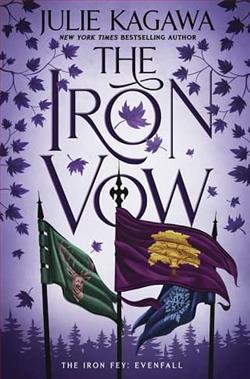



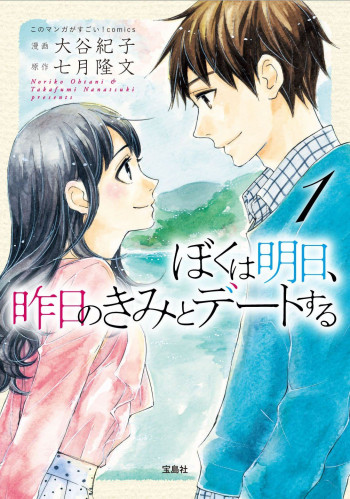
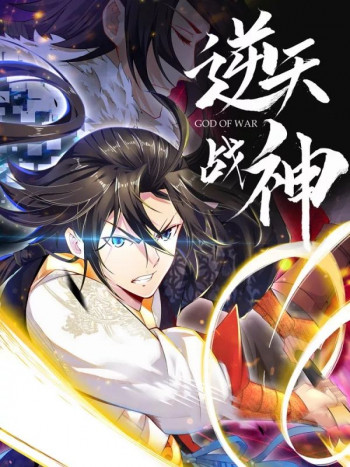
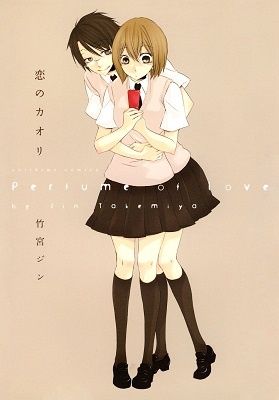
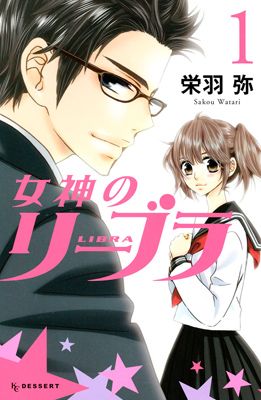

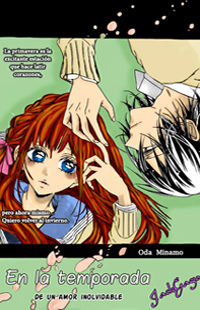
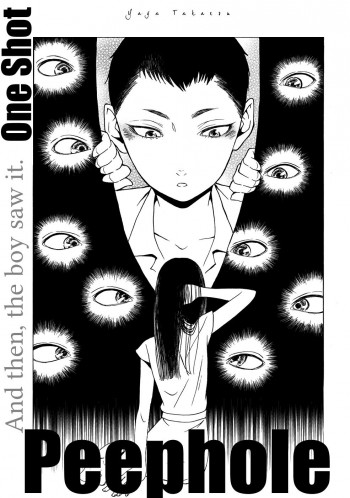
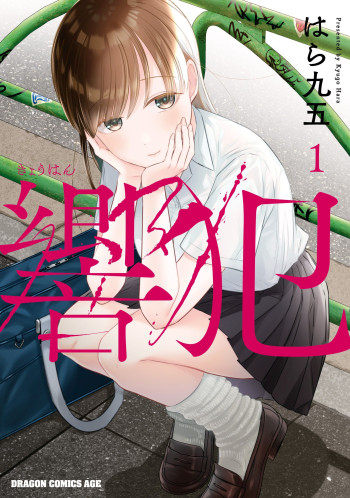
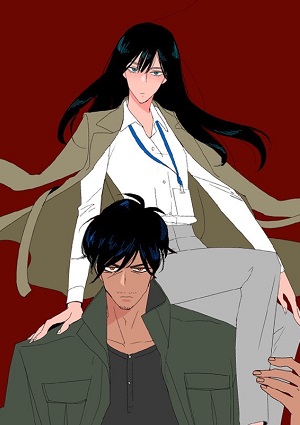











Reviews 0
Post a Reviews: